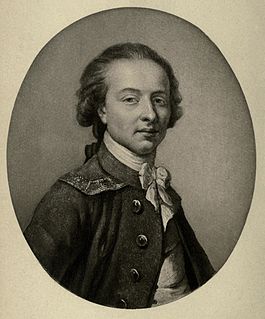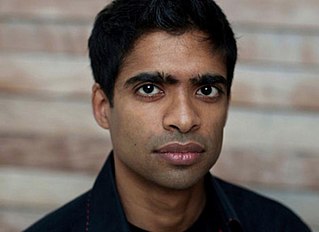A Quote by Jeanette Winterson
Stories end in reverie, tragedy, or forgiveness.
Quote Topics
Related Quotes
Here we are at the very core of the thesis we wish to defend in the present essay: reverie is under the sign of the anima. When the reverie is truly profound, the being who comes to dream within us is our anima. For a philosopher who takes his inspiration from phenomenology, a reverie on reverie is very exactly a phenomenology of the anima, and it is by coordinating reveries on reverie that he hopes to constitute a "Poetics of reverie". In other words, the poetics of reverie is a poetics of the anima.
The reverie we intend to study is poetic reverie. This is a reverie which poetry puts on the right track, the track an expanding consciousness follows. This reverie is written, or, at least, promises to be written. It is already facing the great universe of the blank page. Then images begin to compose and fall into place.
A universe comes to contribute to our happiness when reverie comes to accentuate our repose. You must tell the man who wants to dream well to begin by being happy. Then reverie plays out its veritable destiny; it becomes poetic reverie and by it, in it, everything becomes beautiful. If the dreamer had "the gift" he would turn his reverie into a work. And this work would be grandiose since the dreamed world is automatically grandiose.
Sometimes what we call tragedy, at least in the theater, are really case histories. They're based on the central figure, and things happen to that person, and they're called tragedy because they're extremely sad. But tragedy always has a glorious thing happen at the end of it. That's what the catharsis is.
I don't think I tell stories of tragedy. I think I tell stories of love. Even though you're full of tears, I hope that you leave the theatre with your heart feeling like it's going to explode out of your chest. And yes, you've been through the tragedy, but it's ultimately hope that I think you're left with.
































